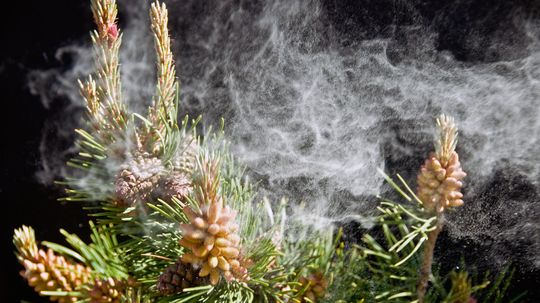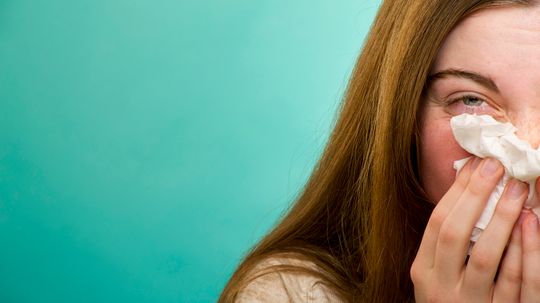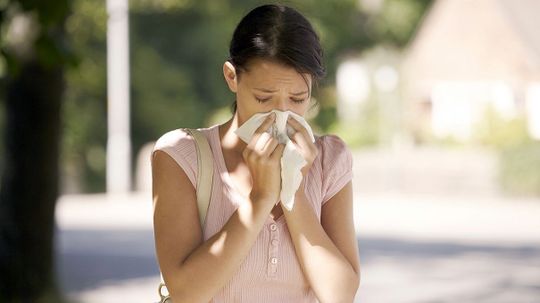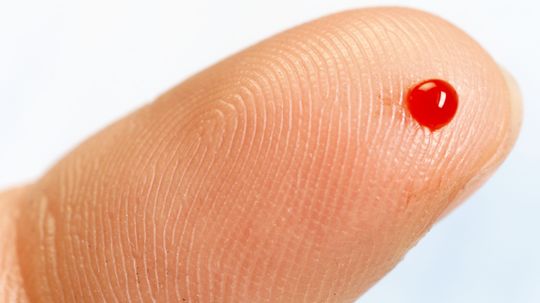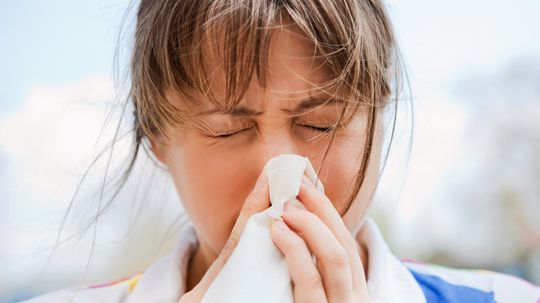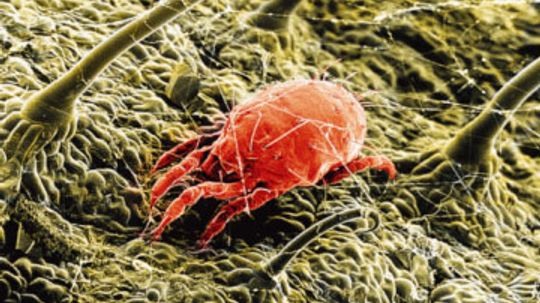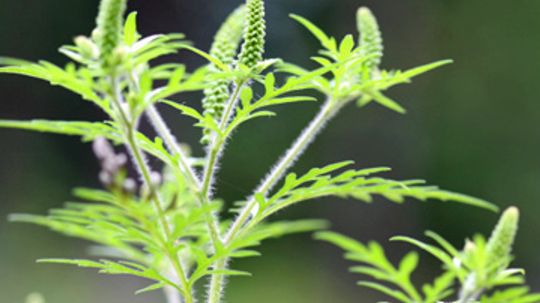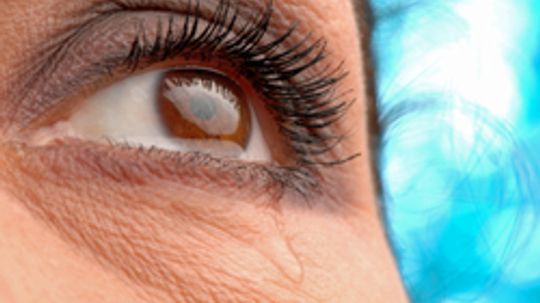Allergies
Food, animal dander and the environment are all reasons that some people experience allergic reactions. Learn about the types of allergies and treatment options.
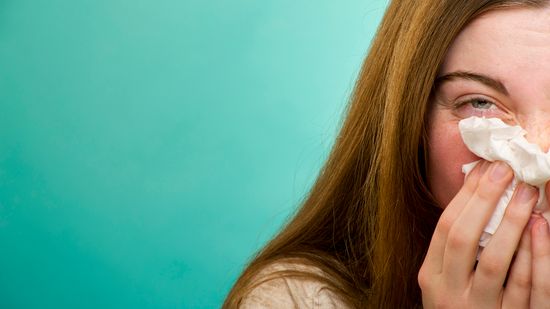
Why Severe Allergies Can Suddenly Pop Up in Adulthood
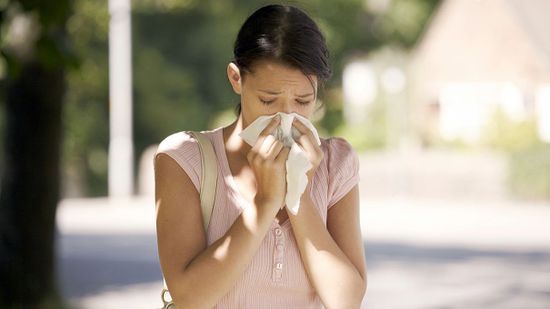
Can You Be Allergic to Your City?

Nothing to Sneeze at: Allergies May Affect the Brain

Goodbye to Allergies? Scientists Discover How to Trick Body's Immune System
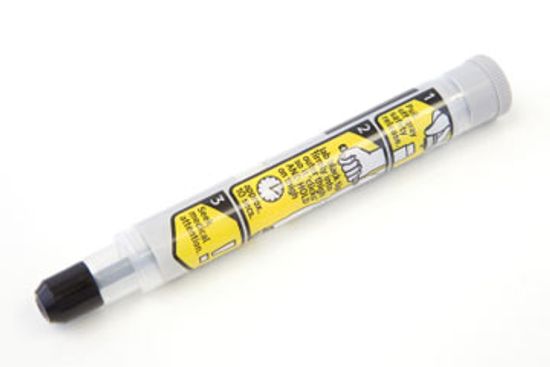
What does epinephrine do for anaphylaxis?

Top 5 Cat Allergy Symptoms

What Are Some Symptoms of Feather Allergy?

What are some symptoms of allergies to horses?

Why There Is So Much Confusion About Who Has Food Allergies

Adult-onset Food Allergies Are More Prevalent Than Previously Believed

Your Hay Fever Could Make You Allergic to Some Fruits
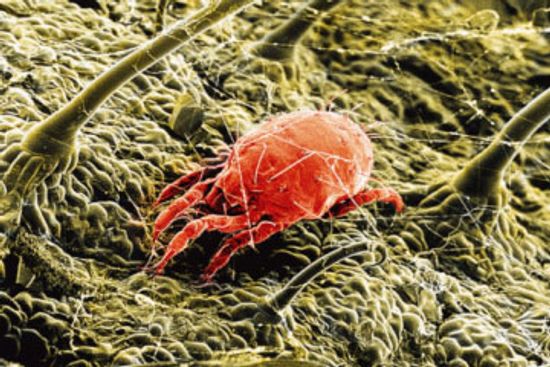
Is it possible to completely get rid of dust mites?
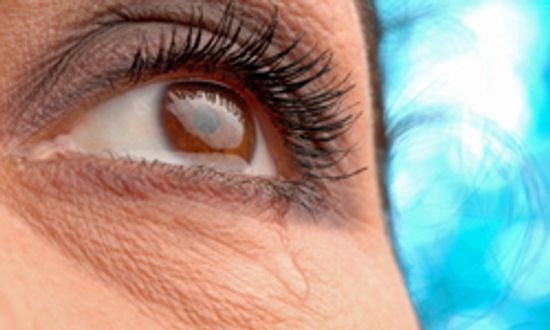
What are some signs of alternaria mold allergies?
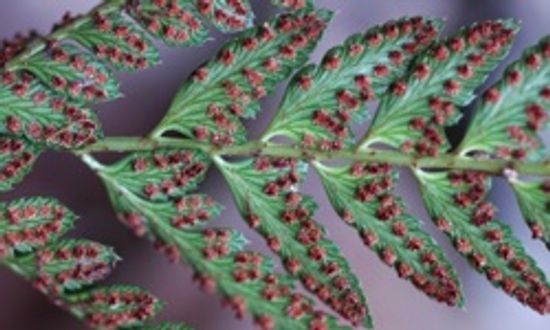
What house plants can cause allergies?

Can Pollen Allergies Make You Tired?
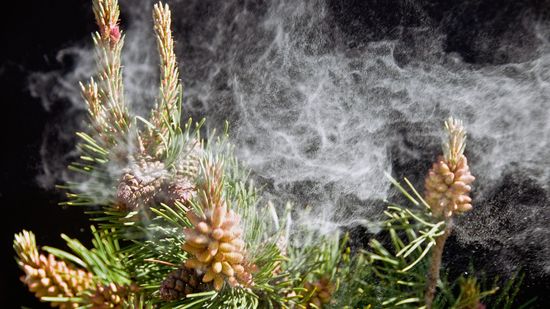
The Science Behind the Pollen Count
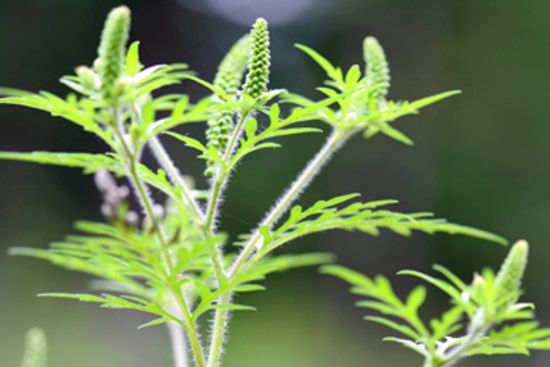
Ragweed is Rampant! Learn How to Treat a Ragweed Allergy
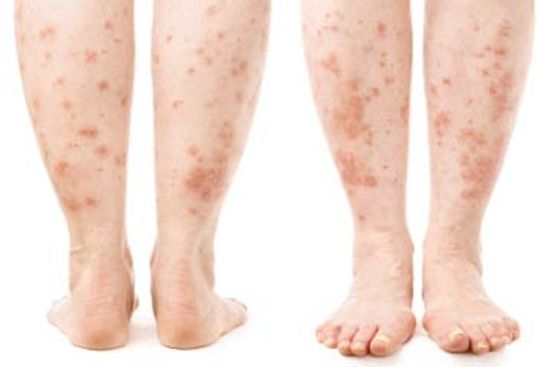
How long do skin allergy breakouts last?

Can red wine cause skin rashes?

Can you have a skin allergy to tomato plants?
Learn More
Spring is here, your pollen allergies have kicked in and you feel tired and sleepy. Could pollen have something to do with it? Or is it just the meds?
Spring may be beautiful, but it's a tough time of year for anybody with allergies. That's why they rely on the daily pollen count for relief.
A new study showed that about 10 percent of Americans who thought they had food allergies actually had food intolerance issues. So what's the difference?
By Dave Roos
Advertisement
Your body never freaked out before when you were stung by a bee. And yet one day, you have an anaphylactic reaction to a bee sting. What's the deal?
Nearly half of all U.S. adults who have food allergies developed at least one of them during adulthood.
It's called oral allergy syndrome, and it's caused when the immune system freaks out and overreacts to allergens.
If you're moving from one city to another, pack some extra tissues because it's true: Seasonal allergies can flare up when you relocate and are exposed to new allergens.
Advertisement
There may be more going on with your body than just itchy eyes and a runny nose when you're dealing with seasonal allergies, a small new study finds.
New approach to treating allergies involves hiding allergen in friendly shell so immune system doesn't attack it.
Although scientists knew that birth season affected people's allergy risk, they didn't know why this happened. A study gets us one step closer.
With blood pumping through your body every second of the day, it seems unthinkable that this life-giving substance could be an allergen. For some people, it's not weird science - it's reality.
Advertisement
Allergy symptoms like itchy, watery eyes aren't any fun to deal with. Could you be causing your own pain with certain patterns of behavior?
Is the American wheat industry to blame for the gluten-free craze? Don't believe the hype, gluten might not be the problem you think it is.
By Bambi Turner
Some people in the anti-wheat movement say that the grain has compounds in it that make it addictive. But is this true?
Learn how to control your allergy symptoms while traveling. No more sneezing, watery eyes and runny nose on your trips!
Advertisement
Anaphylaxis is a life-threatening condition that can be triggered by allergies. Learn what epinephrine does for anaphylaxis in this article.
Cat allergy symptoms can sometimes look a lot like other allergies, or even a cold or flu. So how do you know if your feline friend is causing the problem, and more importantly, what can you do to make it better?
Dust mites are eight-legged creatures that don't bite or cause illness. But because they're so tiny and live in dust particles, they can be tricky to avoid no matter how often you clean your home.
Also known as hay fever or simply allergies, ragweed can bring some sufferers to their knees. How can you combat this pesky problem?
Advertisement
If you're one of the many sufferers of any eye allergy, you know how uncomfortable they can be. What don't you know about eye allergies that just may help?
Hay fever is a type of allergic reaction. Learn whether there is a procedure that can cure hay fever in this article.
Red food coloring can be from an artificial source or a natural source. Learn about red dye allergy symptoms in this article.
Alternaria is a type of mold that commonly causes allergic reactions. Learn about signs of alternaria mold allergies in this article.
Advertisement
People can be allergic to pollen, mold or other substances. Learn which house plants can cause allergies in this article.
While it's not very common, allergies to chicken do exist. Learn about chicken allergy symptoms in this article.

